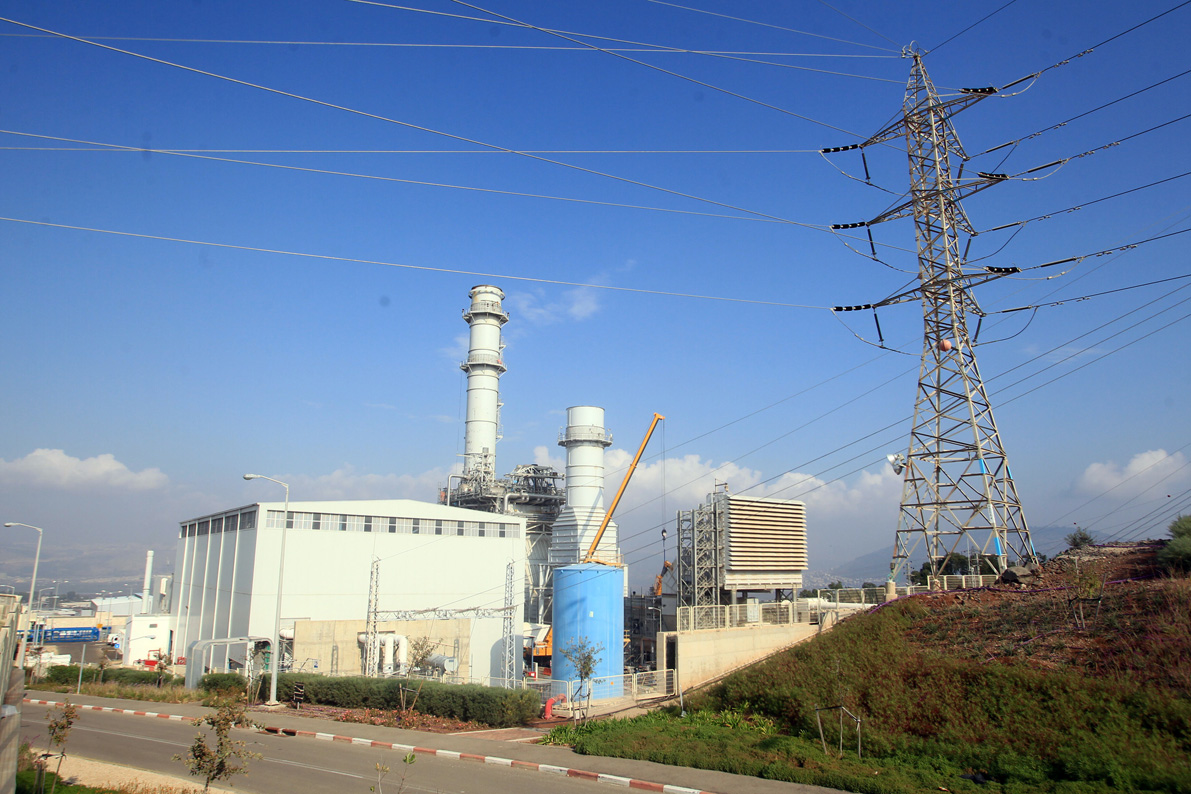Moody’s Investors Service has upgraded the long-term senior secured ratings of the state-owned Israel Electric Corporation to Baa1 from Baa2.
The upgrade reflects significant reductions in IEC’s leverage and improvements in the ratio of funds from operations (FFO) to debt, continued progress in executing structural reforms, and improving security of gas supply.
The rating agency said it also has upgraded IEC’s global senior secured medium-term note programme ratings to (P)Baa1 from (P)Baa2 and its Baseline Credit Assessment (BCA) to ba2 from ba3. The outlook on IEC has been changed to stable from positive.
Justifying the upgrade, Moody’s said the Haifa-based transmission and distribution monopoly, that commands a 60% market share on energy generation, has made significant progress in delivering structural changes approved in July 2018, including agreeing the sale of the Alon Tavor and Ramat Hovav power stations and the retirement of almost 1,200 employees.
The system management function was transferred to a new government-owned company in November 2021.
The commissioning in December 2019 of the Leviathan gas field, adjacent to Cyprus’ Aphrodite, provides IEC with a second domestic source of gas supply, complementing the Tamar field, while the expected commissioning of the Karish field in mid-2022 will further diversify Israel’s sources of gas.
“This reduces the risk of interruptions to gas supply, which created the risk of fuel price volatility because Israel has no electricity interconnection and limited gas import capacity,” Moody’s said.
Net debt, including Moody’s adjustments, declined to ILS 34.2 bln (€9.81 bln) as of June 2021 from ILS 42.5 bln (€12.19 bln) in December 2018 and a high of ILS 56.7 bln (€16.26 bln) in December 2012.
The rating agency said deleveraging reflects repayment in 2019 of IEC’s perpetual debentures, issued by IEC to the government of Israel, at their nominal value of ILS 15.5 mln, a significant discount to their NIS 2.6 bln book value, and proceeds from the sales of the Alon Tavor and Ramat Hovav power stations.
Largely as a result of this deleveraging, IEC FFO/debt ratio improved to 16.3% in 2019 and 18.0% in 2020, compared to 10-12% in the years preceding the structural reforms.
Proceeds from asset sales
FFO/debt dipped to 15% in the 12 months to June 2021, as excess proceeds from the Ramat Hovav sale were returned to customers through lower charges, but Moody’s expects credit metrics to improve further over the period of the structural reforms.
The BCA, which reflects the company’s standalone credit quality, is constrained by risks associated with IEC’s continuing exposure to coal-fired generation in Israel, which is under pressure from government policy and the increasing availability of low-cost gas, although the regulatory framework is expected to provide strong protection against asset stranding.
In addition, while debt is declining, IEC continues to have relatively high gearing.
Moody’s also expects the company to maintain a strong market position in electricity generation for the foreseeable future, despite the required asset sales, through the planned construction of two new gas-fired stations.
IEC, which is 99.85% owned by the Government of Israel, is also the dominant electricity supply company in Israel, although this segment will be opened to competition over time, Moody’s concluded.









